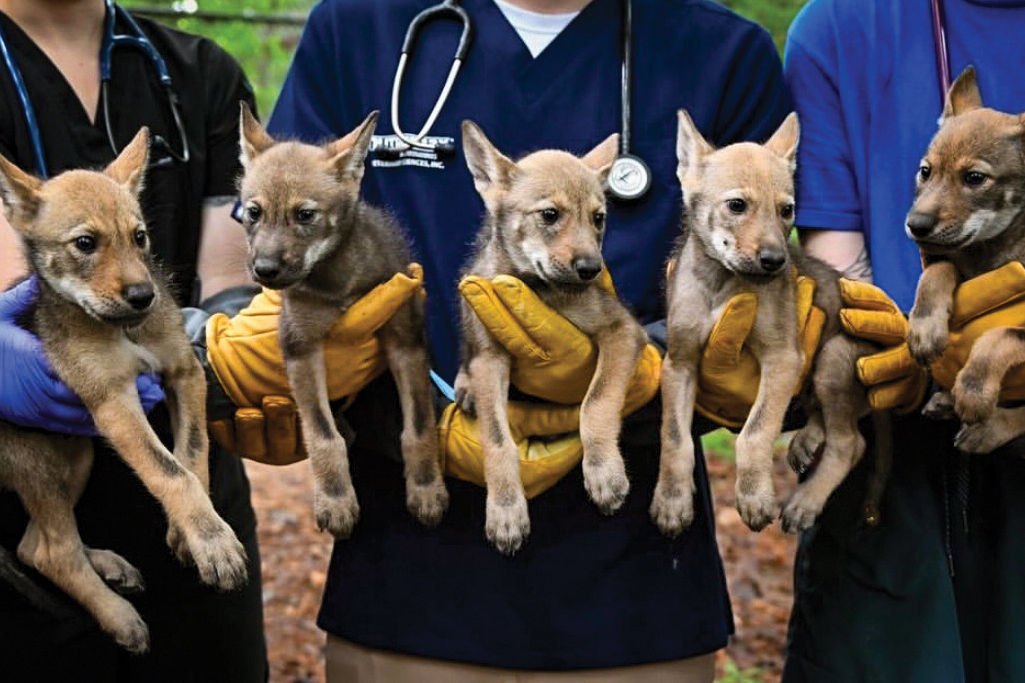For some undergraduate students, the Spring Undergraduate Resarch Symposium is an opportunity to showcase their research.
The Spring Undergraduate Research Symposium featured 217 research projects conducted by students and their mentors, ranging in topic from hard sciences to social sciences.
George Barthalmus, director of undergraduate research, started the Office of Undergraduate Research in 2003. He said he believes undergraduate research is the best way for a student to gain valuable knowledge in their area of study.
“Undergraduate research is considered a high impact educational tool,” Barthalmus said, “Every employer wants to see hands on experience in their field.”
Whitney Lohmeyer, a senior in aerospace engineering, agreed with Barthalmus on the value of undergraduate research experience. Her two and a half year project working with Dr. DeJarnette, professor of mechanical and aerospace engineering, is focused on how engineers protect vehicles as they reenter the atmosphere.
She received the NSF fellowship, which will help to fund her continued research and her pursuit of a master’s or doctoral degree. Lohmeyer also credits her research experience for her acceptance to MIT.
“I’m just a regular student,” Lohmeyer said, “I’m not valedictorian or top in my class, but my research really opened doors for me.”
Other students, like Mary Bulfin, a sophomore in biological sciences, have also had great opportunities created by their research projects. Bulfin’s project focuses on solving the problem of the rising cost of feed in commercial poultry.
Bulfin was a recipient of the ACCIAC grant in the summer of 2010, which provided a year of funding for her project and culminates in a trip to Miami the weekend of April 16 to present her project at the ACC Meeting of the Minds.
“My goal is to get my PhD in genetics of neurobiology,” Bulfin said, “This experience has definitely changed my life.”
For some students, such as Sally Petre, a senior in environmental science, the research projects were so fun and interesting they helped determine the graduate program and career the students wish to pursue. Petre’s project was an assessment of the mercury in economically important fish in North Carolina.
“The research was actually fun to do,” Petre said, “I now know that I want a master’s in fish conservation.”
Conducting research in your intended field of work is very beneficial for being successful in your future career, according to Petre.
“This project gave me experience and important connections that will help with networking in my field,” Petre said, “I definitely recommend that everyone participate in a research project.”
All of the undergrad researchers were paired with a mentor who helped in developing the ideas for the projects and facilitating the research.
“It is more important to align yourself with the proper mentor than to go with your first choice research project,” Lohmeyer said, “My mentor, Dr.DeJarnette, was amazing and makes me want to be a mentor to students one day.”
Bulfin also gave a lot of credit to her mentor, Dr. Chris Ashwell, professor of poultry science at NCSU.
“He opened my eyes to research”, Bulfin said, “I want to make sure he is given credit for all of his work.”
The students who chose to submit their work will have their projects published in the Spring 2011 edition of the Undergraduate Research Journal, “Ink”, according to Barthalmus.
”The journal is totally student driven,” Barthalmus said, “The way it should be.”
The Office of Undergraduate Research will also provide grants of up to $1,000 to fund research for the Fall 2011 and Spring 2012 semesters to selected students (based on quality, merit, and need) who have submitted their proposals, budgets, and recommendations by the deadline.




